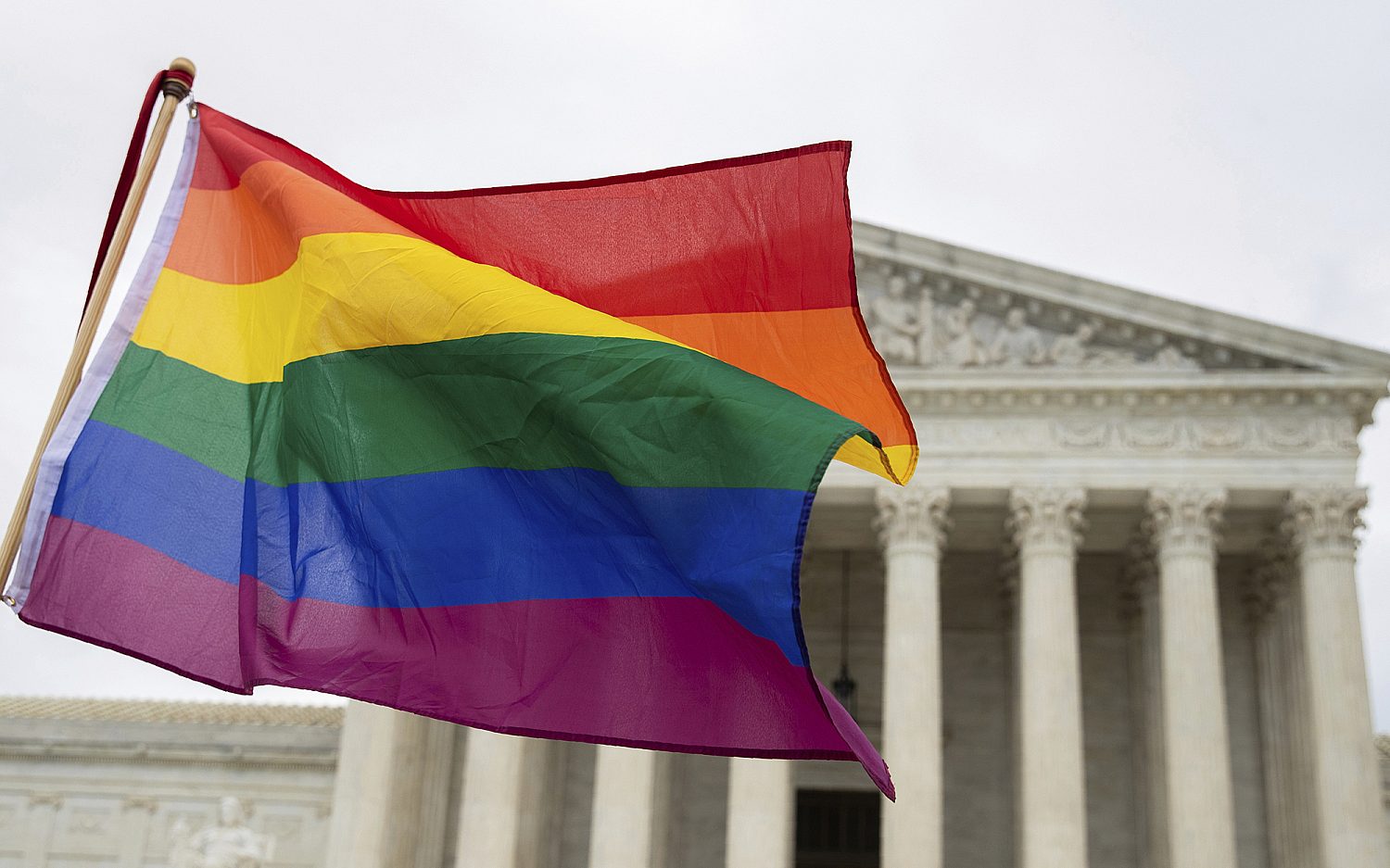Harvard Law School’s Magna Carta manuscript discovered to be original
The university on Thursday said British researchers determined that a document owned by the law school is a rare original version of the Magna Carta produced more than seven centuries ago. The experts from King’s College London and the University of East Anglia determined that the manuscript, long-thought to be a copy of the historic legal document, is one of just seven surviving copies of King Edward I’s 1300 issue of the Magna Carta. The university photographed the document under ultraviolet light and subjected it to levels of spectral imaging to enhance aspects not visible to the human eye. Professor of Medieval History at King’s College London David Carpenter and Professor of Medieval History at the University of East Anglia Nicholas Vincent used the images to analyze the document. They compared the document’s text, dimensions, and handwriting to other manuscripts from 1300 and found that they matched exactly.
Where did the document come from? The Harvard Law School Library purchased the water-stained document after World War II in 1946 for $27.50, which according to the Federal Reserve Bank of Minneapolis is about $440 today. The library purchased the manuscript from London book dealer Sweet & Maxwell, who bought it from auction house Sotheby’s. The Sotheby’s catalog described it as a copy made in 1327. The researchers now believe the manuscript was once issued to the former parliamentary borough of Appleby in Westmorland, England.
The document is part of a larger collection and had sometimes been put on display but was not kept out permanently, Amanda Watson, the assistant dean at Harvard Law School’s library, told The New York Times.
What is the Magna Carta? The historic document is a charter that established the principle that monarchs are not above the law. King John of England signed the charter in 1215. It also guaranteed rights to the English people that later came to be thought of as human rights. Those rights included freedom from excessive taxes, the right to own and inherit property, and the principles of due process. The Magna Carta is regarded as a foundational document for modern government and legal systems around the world.
An actual newsletter worth subscribing to instead of just a collection of links. —Adam
Sign up to receive The Sift email newsletter each weekday morning for the latest headlines from WORLD’s breaking news team.





Please wait while we load the latest comments...
Comments
Please register, subscribe, or log in to comment on this article.